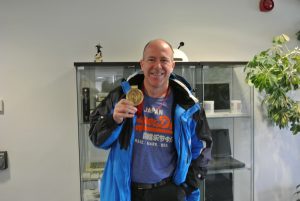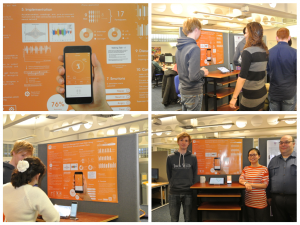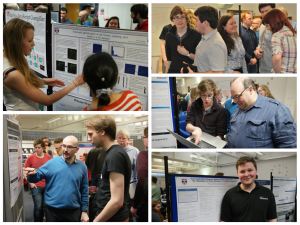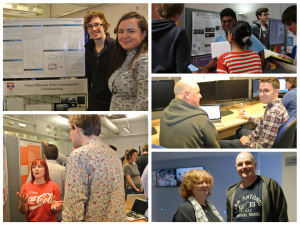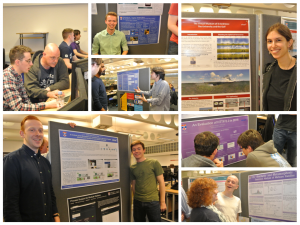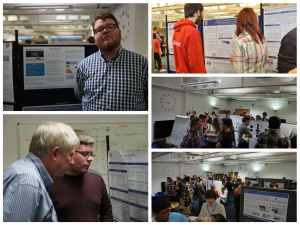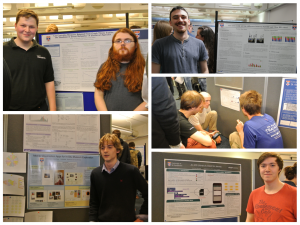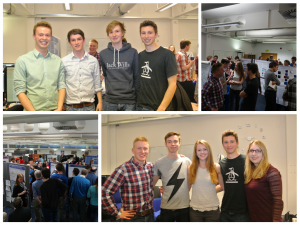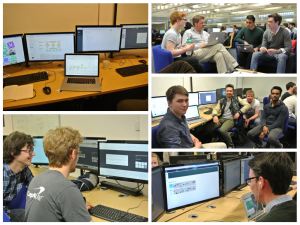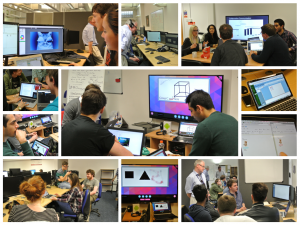The School of Computer Science is excited to announce Scotland’s first Engineering Doctorate (EngD) in Computer Science. The innovative research apprenticeship in partnership with The Data Lab, was launched on Monday in Edinburgh and featured in The University News earlier today.
Prospective research engineers and industry sponsors can find essential information and application forms on the EngD website. In partnership with The Data Lab, 5 prize studentships have been announced for 2016. Interested applicants with strong data-intensive and/or data-driven research are encouraged to apply (27th June deadline).


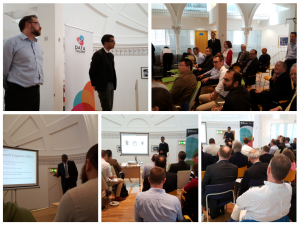
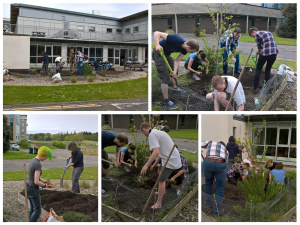
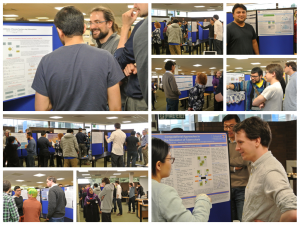
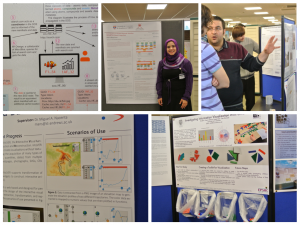
![twoculturesadvert-2[1]](http://blogs.cs.st-andrews.ac.uk/csblog/files/2016/05/twoculturesadvert-21-212x300.png)
